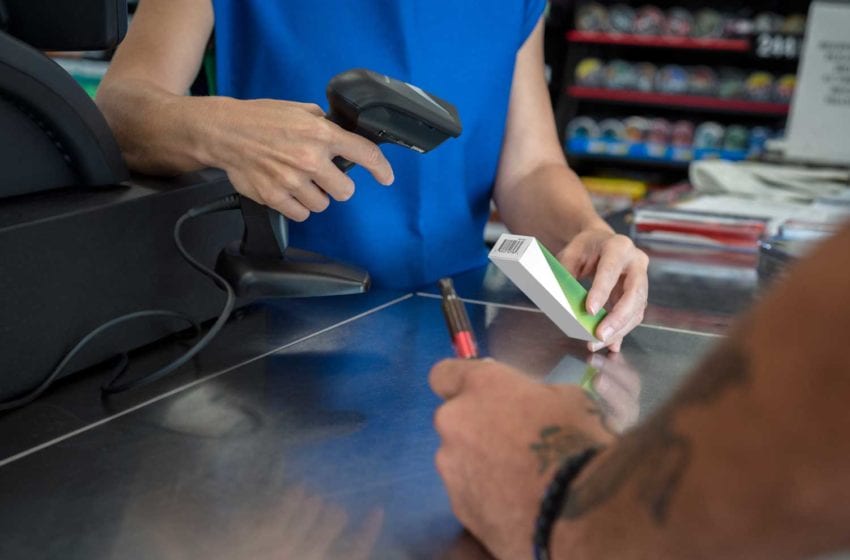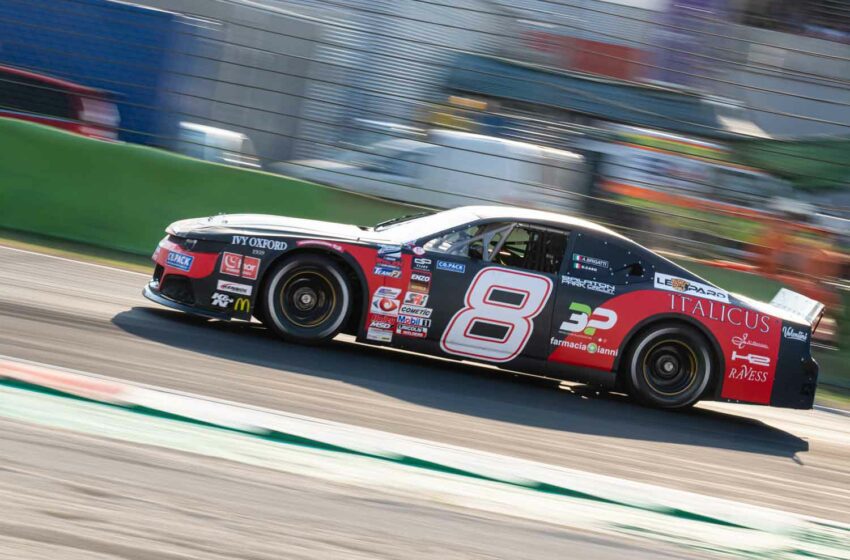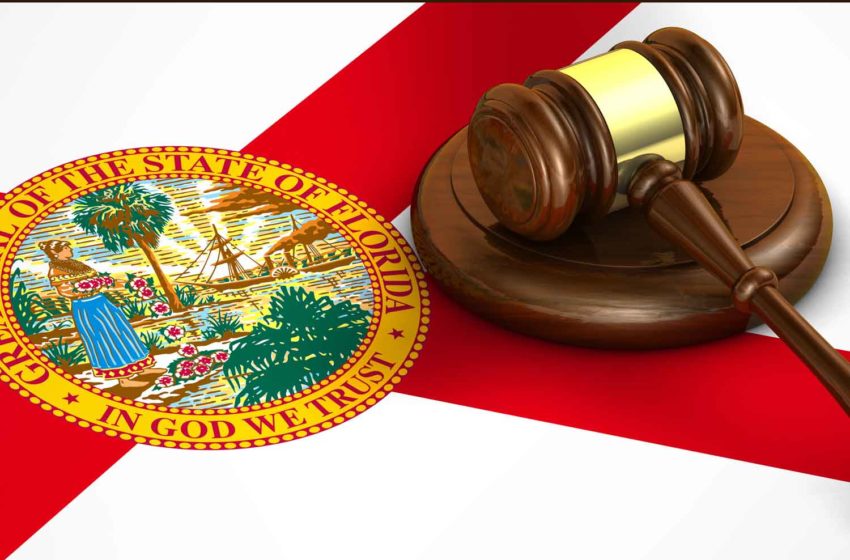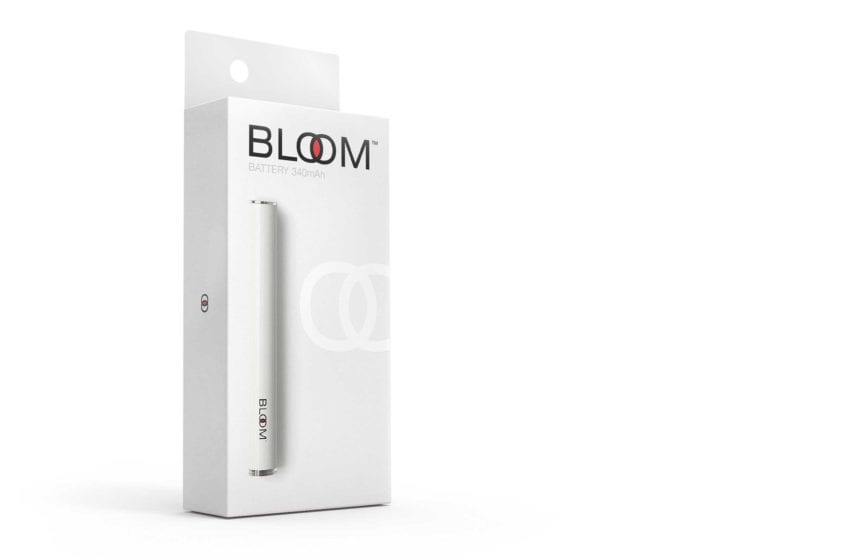The share of RJR's Vuse e-cigarette in the U.S. remained flat at 42 percent in December.Read More
Tags :ITG Brands
ITG Brands argued it owned the Winston-branded artifacts on display. Read More
The move stems from a lawsuit the Justice Department filed against the industry in 1999.Read More
The firm assumed responsibility when it acquired RAI brands, says judge. Read More
The agreement will require contracted retailers to post court-ordered signs. Read More
The Kellogg Company veteran brings extensive consumer packaged goods experience. Read More
ITG assumes settlement obligations for the Kool, Maverick, Salem and Winston.Read More
Oliver Kutz will become cluster general manager Central Europe and Ukraine for Imperial Brands.Read More
The interlocking ‘O’s confusingly resemble ITG’s Kool trademark, according to the complaint.Read More
Reynolds American wants off the hook after it sold four brands.Read More










